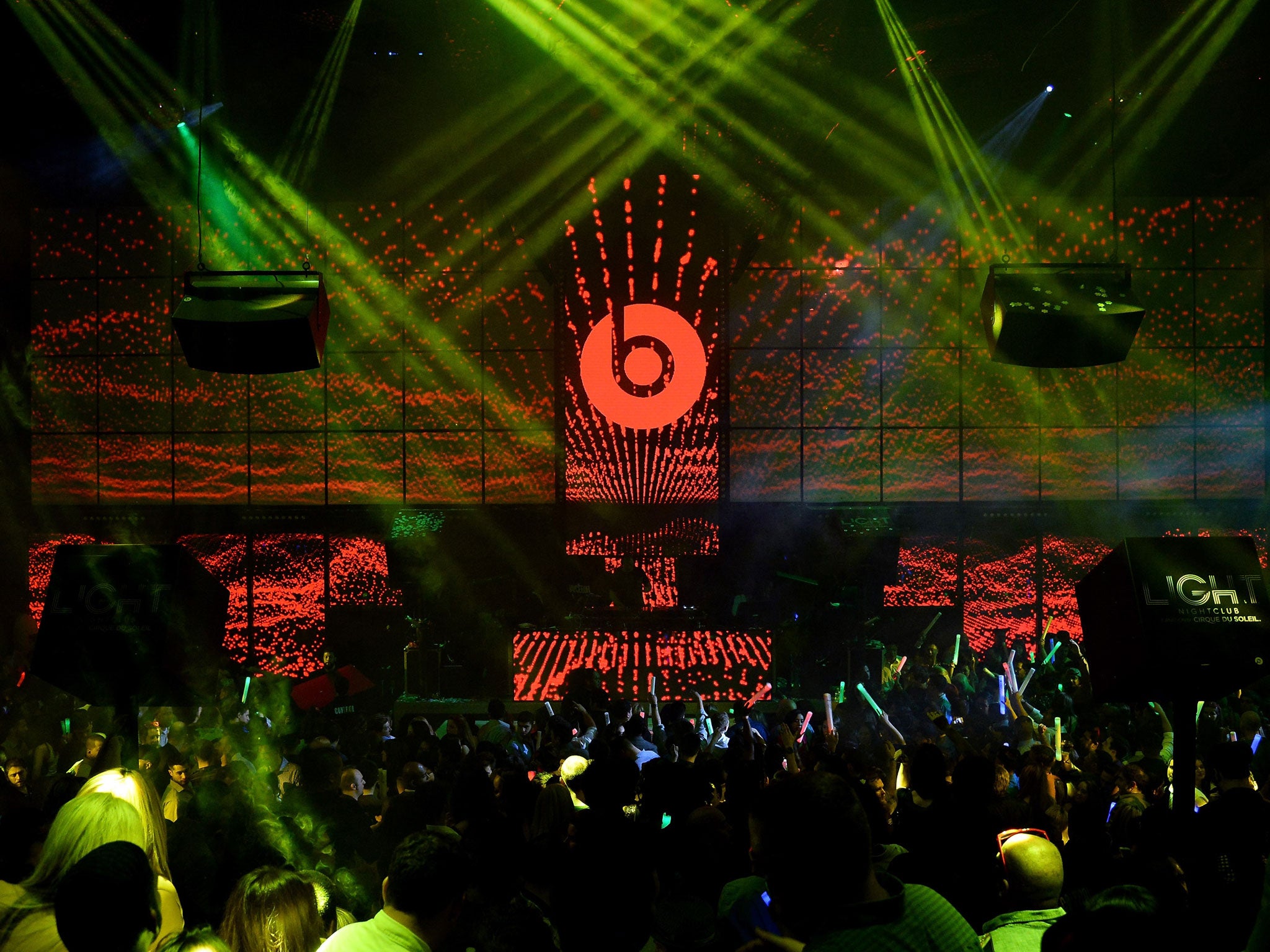Could Dr Dre's new 'curated' streaming service be the antidote to the pop album's decline?
Downloading songs selectively has always done short shrift to the original vision and objectives of artists recording for albums


Your support helps us to tell the story
From reproductive rights to climate change to Big Tech, The Independent is on the ground when the story is developing. Whether it's investigating the financials of Elon Musk's pro-Trump PAC or producing our latest documentary, 'The A Word', which shines a light on the American women fighting for reproductive rights, we know how important it is to parse out the facts from the messaging.
At such a critical moment in US history, we need reporters on the ground. Your donation allows us to keep sending journalists to speak to both sides of the story.
The Independent is trusted by Americans across the entire political spectrum. And unlike many other quality news outlets, we choose not to lock Americans out of our reporting and analysis with paywalls. We believe quality journalism should be available to everyone, paid for by those who can afford it.
Your support makes all the difference.It has been one of the great anomalies, lunacies even, of the long downloading music revolution. We can download music, but the music just comes as songs, not necessarily in any particular order, not with any dramatic cohesion, nor with any chance to build an atmosphere or weave a narrative. One can download albums, of course, but for many millions of listeners, the more common method is to download individual songs, and the artistic intent that the artists put into making an album is cavalierly discarded.
For this reason, Pink Floyd refused for some years to allow their music to go on to iTunes, though even they in the end succumbed.
But last Tuesday a new streaming service was launched, which signalled a significant rethink. The rap musician Dr Dre introduced his streaming service Beats Music which brings us “curated playlists”, songs not just made available but songs that have to be selected and played in order.
Dr Dre’s business partner, the record company mogul Jimmy Lovine, said: “It takes a highly curated, uninterrupted sequence of songs to achieve a fulfilling music experience, where the only song as important as the song you are listening to is the song that comes next.” They promise playlists based on “where you are, what you feel like doing, who you are with, and what kind of music you’re looking to hear.” The result, based on interactions between users and the service, are being compared to those “mixtape” compilations that those of a certain age had fun with in the early days of cassettes.

It’s a welcome development. But, let’s be honest, it still doesn’t solve the problem of downloaded music being effectively greatest hits compilations, and still lacking the artistic integrity of an album. Now, at least they will be “curated” greatest hits, greatest hits that have an atmosphere, that relate to the chooser’s taste and changing moods.
I can’t help but continue to mourn the fact that any sort of streaming still means ignoring the original vision and musical objectives of the artist. Music is more than a song plucked from an original overall concept. A rock album has a unity, a symphony is a collection of movements dependent upon being heard in conjunction with one another. Dr Dre has not yet addressed this fundamental problem of the download. But he is, at least, recognising that music like painting can benefit from a curator, and songs can benefit from being heard in a particular order.
Communication breakdown by the river
The London mayor Boris Johnson has stunned the Southbank Centre management by saying that he cannot approve their £120m redevelopment if it means building on the skateboarding area by the river. This effectively means the end of the grand project. Mr Johnson says “The skate park is the epicentre of UK skateboarding and is part of the cultural fabric of London,” which might be coming it a bit strong. And the Southbank was happy to provide a new skateboarding area a hundred metres or so away, also on the riverfront.
But what is odd is how caught out the Southbank management were by the mayor’s announcement. Do they and the mayor never speak? An even odder thing happened last year when Sir Nicholas Hytner, head of the National Theatre, which is next door to the Southbank Centre, also publicly objected to the scheme, and also stunned the Southbank management, who had no idea he was going to object. Do they not even talk to their next door neighbour and fellow arts grandee? Jude Kelly, head of the Southbank Centre and Sir Nicholas might have managed a coffee and chat by the river you’d have thought. Boris could have joined them. Most of us ordinary folk do talk to our neighbours. But at the highest echelons of the arts simple communication seems to be a problem.
The low road to Scotland
The National Theatre of Scotland has announced a commendably topical programme for its new season. Its plays and performance pieces are all linked to the referendum on Scottish independence, showing that theatre can and should address current political concerns. The choice of play to follow the referendum does, though, strike me as being rather pessimistic about what the state of the nation might be after the vote. The NTS has chosen to revive Joe Corrie’s 1926 classic, In Time O’Strife.
Join our commenting forum
Join thought-provoking conversations, follow other Independent readers and see their replies
Comments